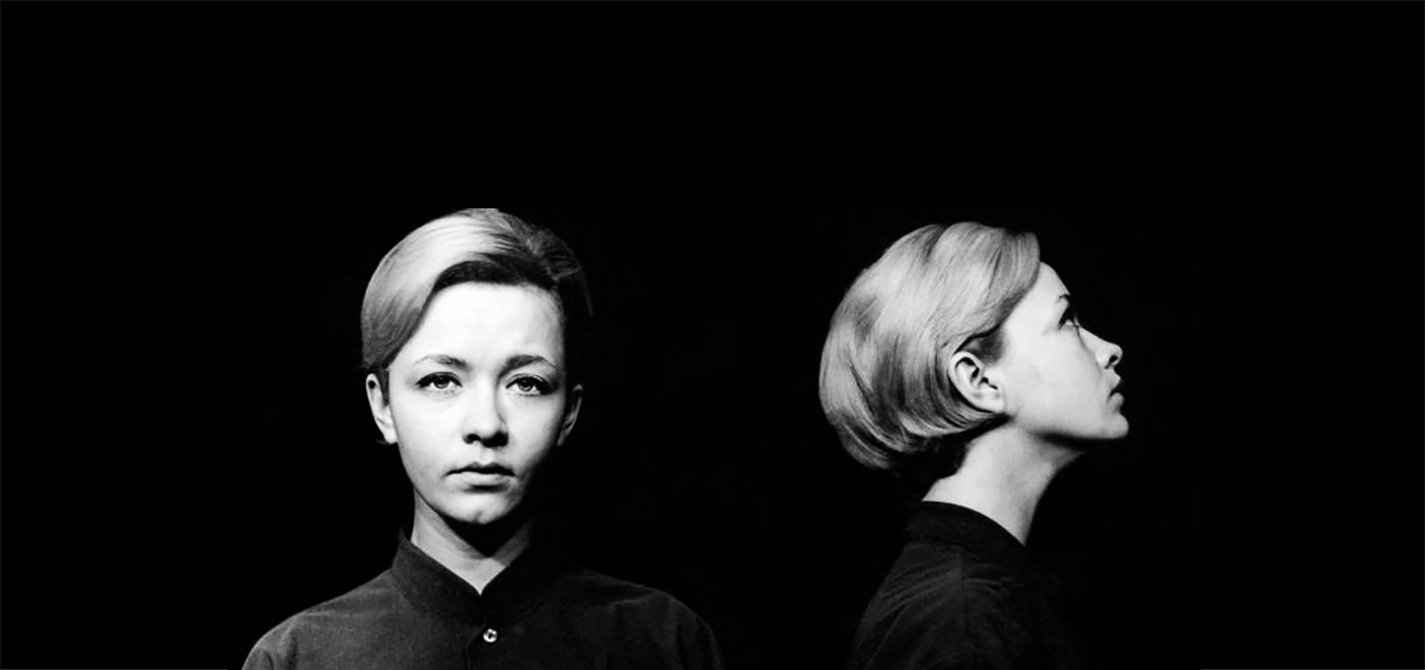
The symbol of some past time and a country that no longer exists
Farewell to Milena Dravić, one of the last legends of Yugoslav acting.
"Milena Dravić became one of the symbols of that smoldering time as well as of today's defeated citizenry."
Goran Gerovac, columnist and writerInstead of money and colorful covers, she chose the path of artists gathered in the so-called Black Wave of Yugoslav film.
"It is an understatement to say that Milena Dravić was modest. Only the biggest divas can do that."
As an honorary guest of the Pula Film Festival, proud and humble in her greatness, perhaps the greatest actress from the region was genuinely moved looking at 5,000 people applauding her as if they did not know how to ever stop.

Milena Zajovic
Milena Zajovic has a masters in psychology and works as the editor of cultural column in the daily newspaper Vecernji list. She is the president of the volunteer association Are You Syrious?, curator of Motovun Film Festival, and an independent researcher and documentarist.
This story was originally written in Serbian.